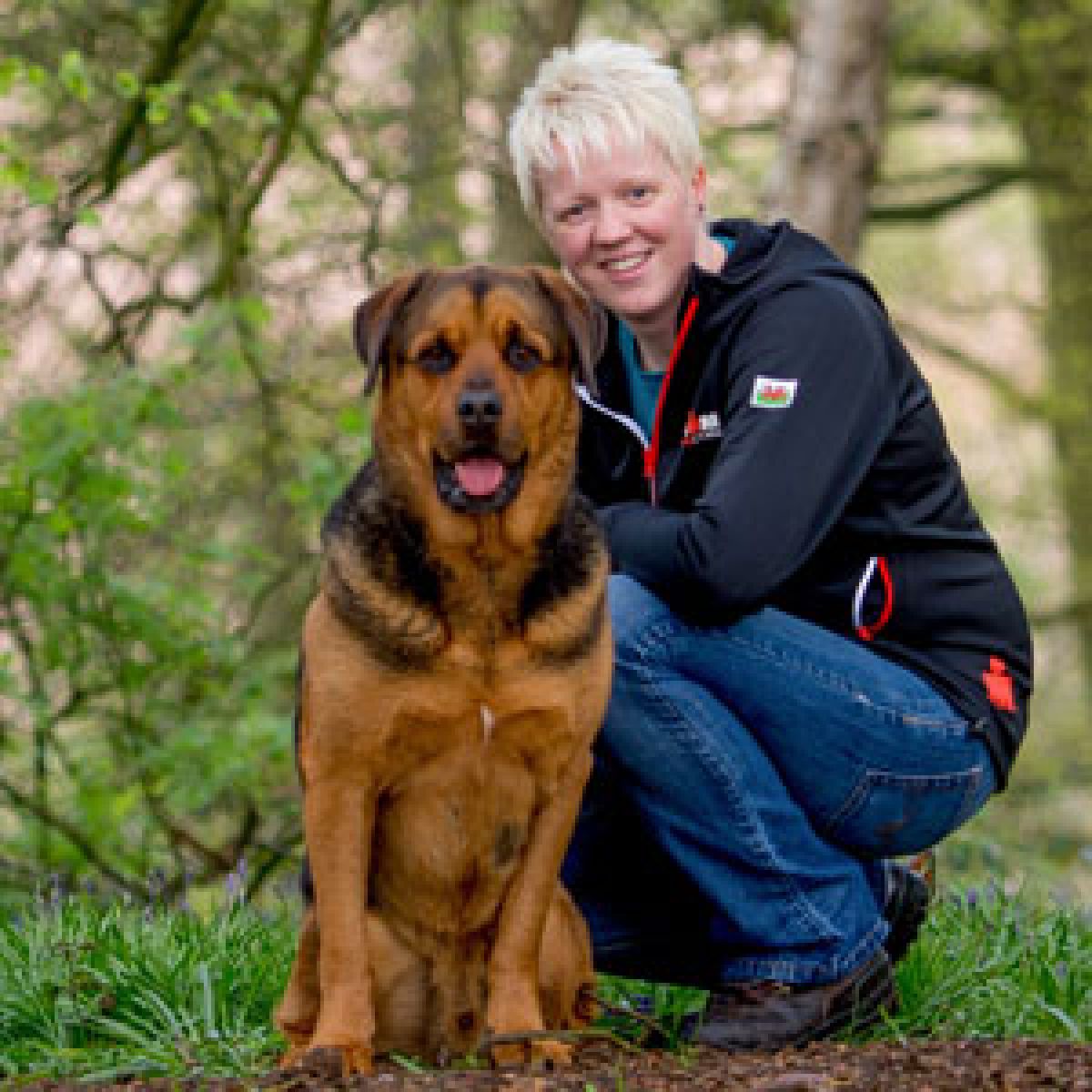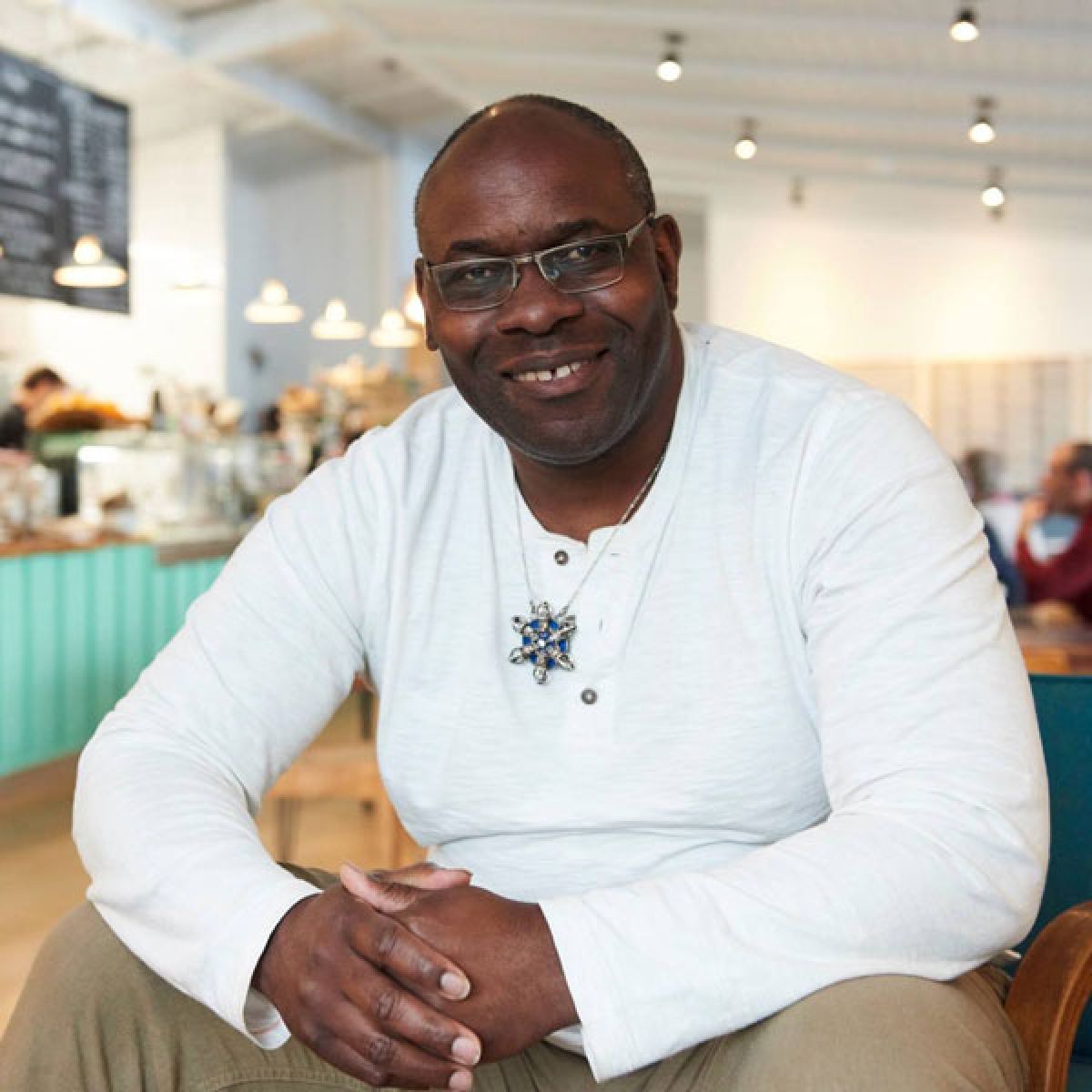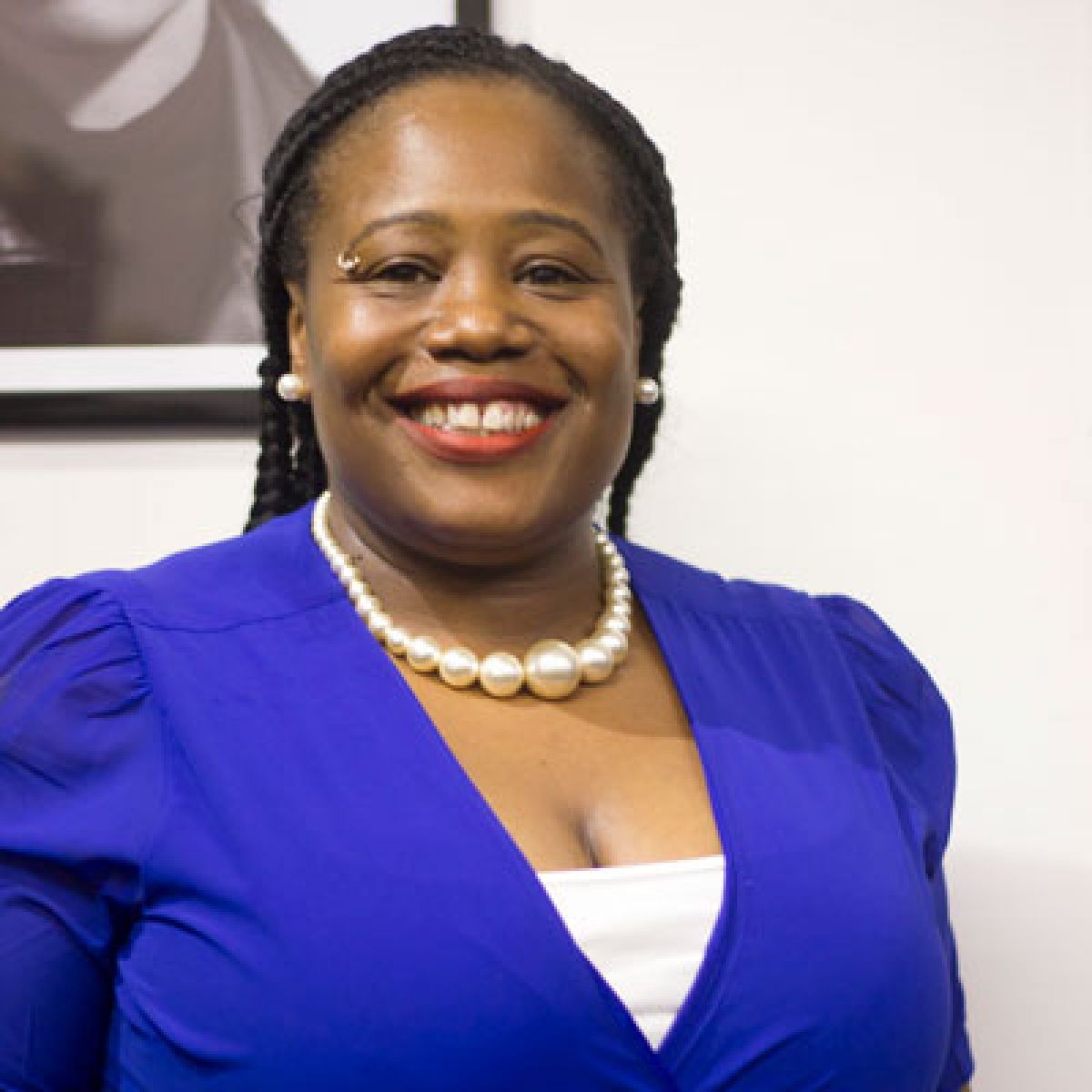The UK has a lot to learn from the US when it comes to failure. Here, that stubbornly stiff British upper lip still prevents most of us from admitting when things have gone wrong. But over in America, failure is worn as a badge of honour.

What to do when things go wrong?
Entrepreneurs cherish mantras like “fail fast”, “fail often” and – Mark Zuckerberg’s motto - “move fast and break things”. We’d all be better off recognising that things will go wrong at some point – and more likely lots of points – when you’re working for a social cause. But until we have a national culture transplant to become more like our cousins over the pond, how can we develop resilience in the face of failure?
1. Avoid blame
Stuff happens, that’s part of the rollercoaster of being a social entrepreneur.
Marie Yates is founder of Canine Perspective CIC. The social enterprise supports survivors of sexual violence through therapeutic sessions with rescue dogs, and she generates income from dog-training. She advises creating a “no blame zone” in the face of a set-back, so you can move forward and take responsibility.
“When a sofa cushion explodes in the living room, your canine bestie doesn’t blame anyone else!” she says. “Stuff happens, that’s part of the rollercoaster of being a social entrepreneur. Tidy up, pick yourself up and shout from the rooftops, ‘it’s all good, I’ve got this!’"
2. Stick to your vision, but let the plan flex
You can’t be attached to rain or sunshine, because you’ll get both - just enjoy the moment to moment.
“Keep the vision of what you were trying to achieve in the first place,” advises Chukes Maxwell, founder of Action to Prevent Suicide. He feels trying to stick to a rigid plan can cause stress and anxiety. There will always be set-backs and unexpected turns. “You’ve got to get comfortable with not knowing what’s coming next,” he says. “You know in your heart when you’re moving in the right direction. You can’t be attached to rain or sunshine, because you’ll get both - just enjoy the moment to moment.”
Side-note: I did try to get some information on when things go wrong when applying for social investment. But Chukes says everything went totally seamlessly for him! However this isn't always the case, so it's worth checking out Good Finance's podcasts to hear gritty reality stories of social investment.
3. Don’t martyr yourself to the cause
You’re the boss of everything because it’s your baby. And you wear yourself down. Everything crumbles because your mental health and wellbeing is not solid.
Like so many social entrepreneurs, Sam Francis wanted to give her all to her organisation: Find A Balance, which supports people with mental health issues, especially those from black, Asian and minority ethnic backgrounds. Soon she was running off only a few hours sleep a night: waking at 6am, attending events and meetings all day, being on-call for people who needed emergency support, catching up with emails, and not getting into bed until 2am. “You’re the boss of everything because it’s your baby. And you wear yourself down,” she says. “Everything crumbles because your mental health and wellbeing is not solid. You don’t realise because you’re on autopilot. But you’re also not hitting your goals, because you’re not well within yourself.”
Sam had a wake-up call, and realised that as a social entrepreneur you need to…
4. Look after yourself – inside and out
Know what you can cope with, so you can take control of your day.
Now, Sam starts and ends the day with meditation. She’s cut out caffeine and junk food, and instead takes a selection of energy-boosting vitamins, coupled with a diet of superfoods. She makes a daily work-plan and has a strict cut-off time of 6pm – anything not completed is simply picked up the next day. “Stress isn’t going to help you get things done,” she explains. “The more you stress, the worse it gets.” She says understanding your strengths and weaknesses is essential, as is carving out time to plan properly. “Know what you can cope with, so you can take control of your day.”
She’s got contracts with Haringey Council and Active Change Haringey: she’s helping families tackle crime, as well as supporting mental health; and she’s working in partnership with the mayor of London and Nike in an officer role for Laureus’ Model City London Haringey East - pioneering a new approach to creating positive change through sport in major cities.
5. Reflect and learn
If you can’t find any way to turn a negative situation around, then try to learn from it. Take regular time out to reflect on your actions and behaviours – a fundamental tenet of our approach at the School for Social Entrepreneurs. Like Chukes and Sam, Marie is an SSE fellow, and she’s well-versed in the importance of reflection. She says:
Usually, when it all goes belly up, there’s a lesson to be learned. It’s in learning those lessons and acting on what we’ve learned that we step up, and become the leaders we need to be.

Sophie Hobson is Head of Communications at the School for Social Entrepreneurs. Every year, the charity helps more than 1,000 people learn how to transform their communities. If you're looking for support with developing the skills, strengths and networks required to be a social entrepreneur, learn with SSE.
Share your tips for developing emotional resilience with her @sophiehobson and @SchSocEnt.



